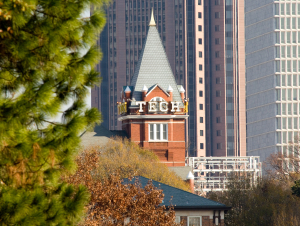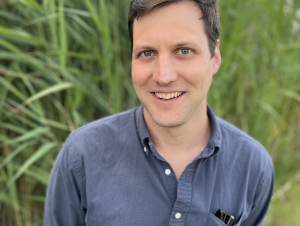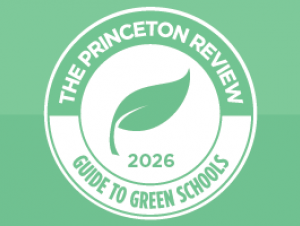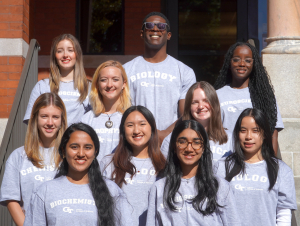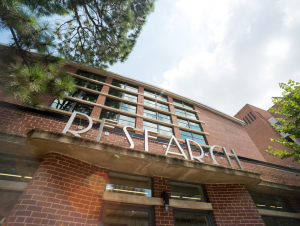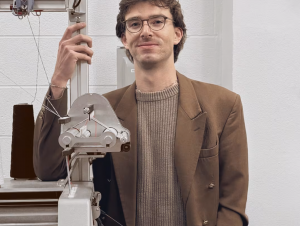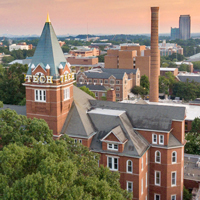Latest News
The AI4Science Center's seed grant aims to support the development of research projects centered on innovation and collaboration.
Karl Lang will investigate why some minerals survive radiation damage — a discovery that could transform how we recycle and sustain the critical resources powering modern technology.
Building on the recognition from last year, Georgia Tech again makes the cut.
Congratulations to the inaugural class of College of Sciences undergraduate student ambassadors!
Georgia Tech Researchers Among World’s Most Highly Cited in 2025
Cachine was selected for his work in solving modern medical challenges using ancient textile techniques.


